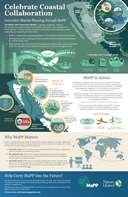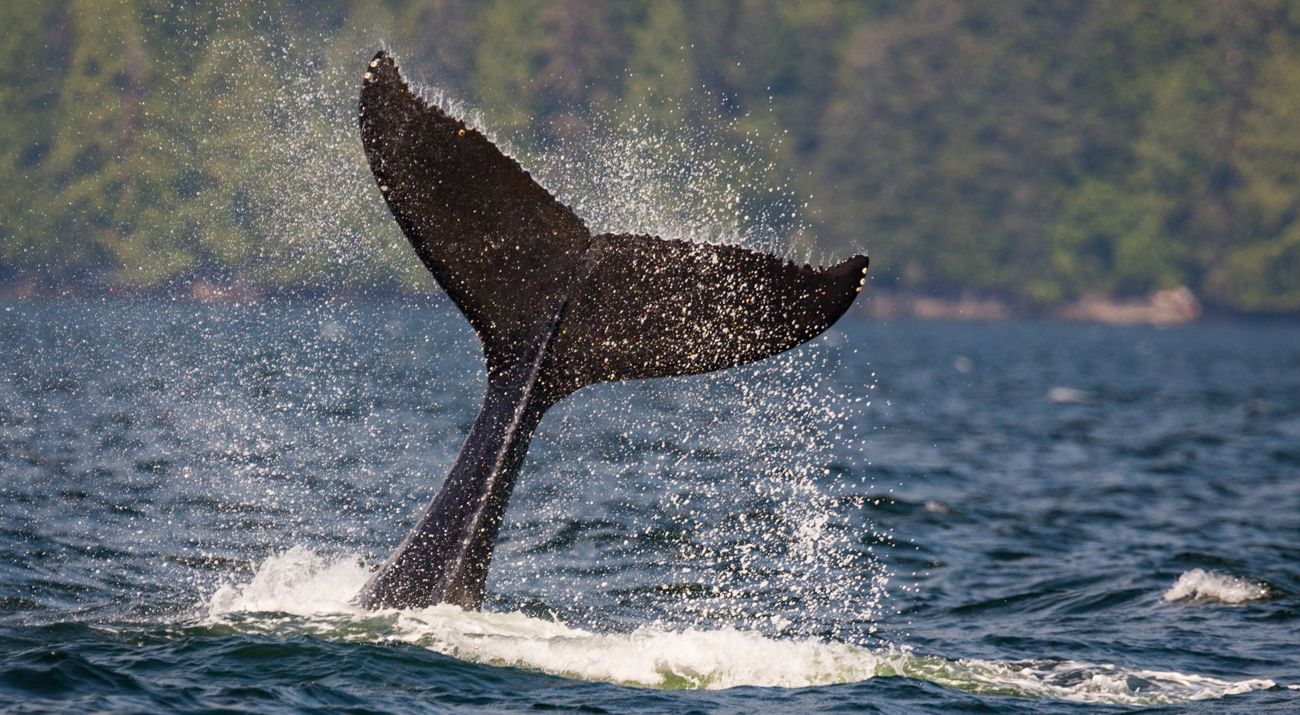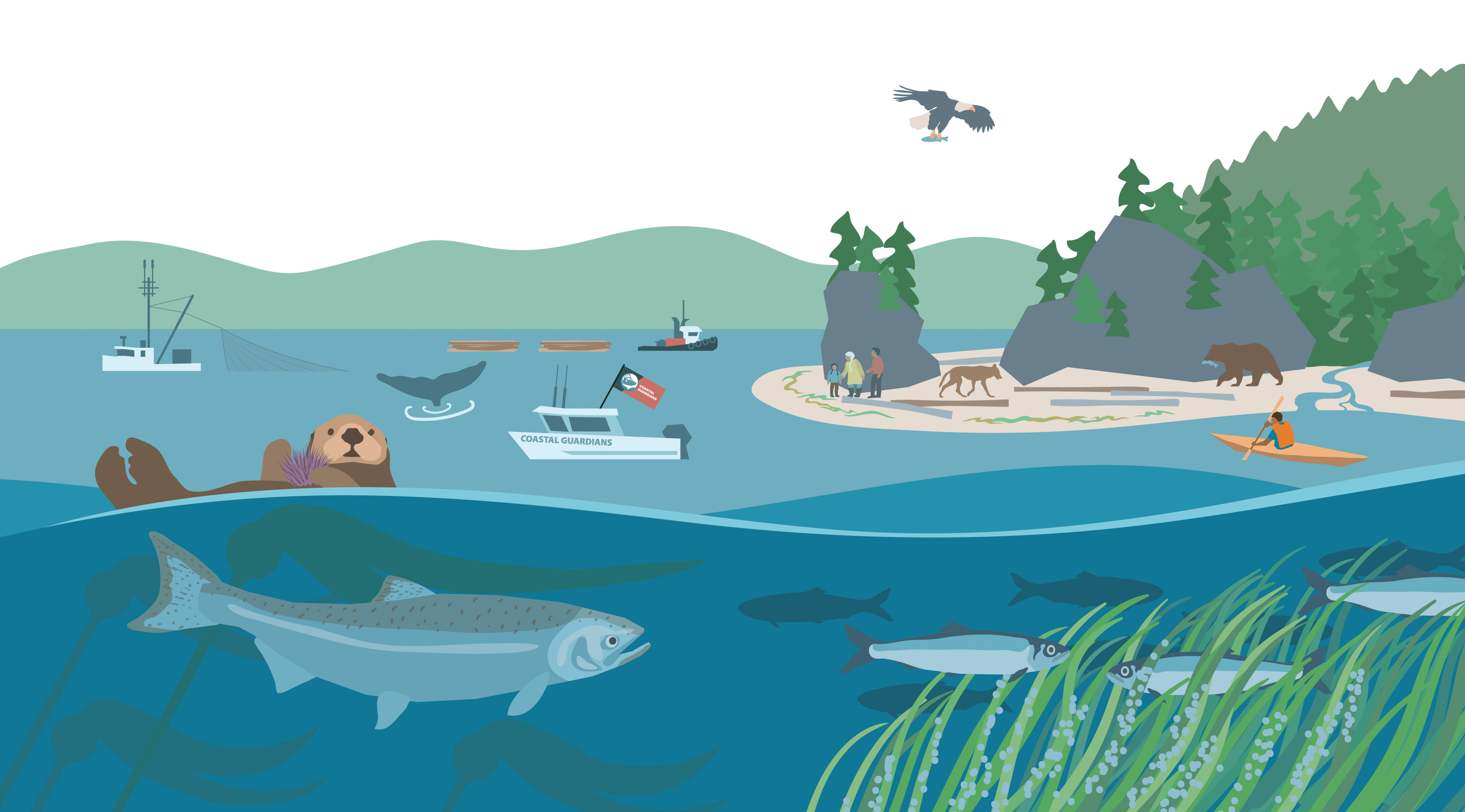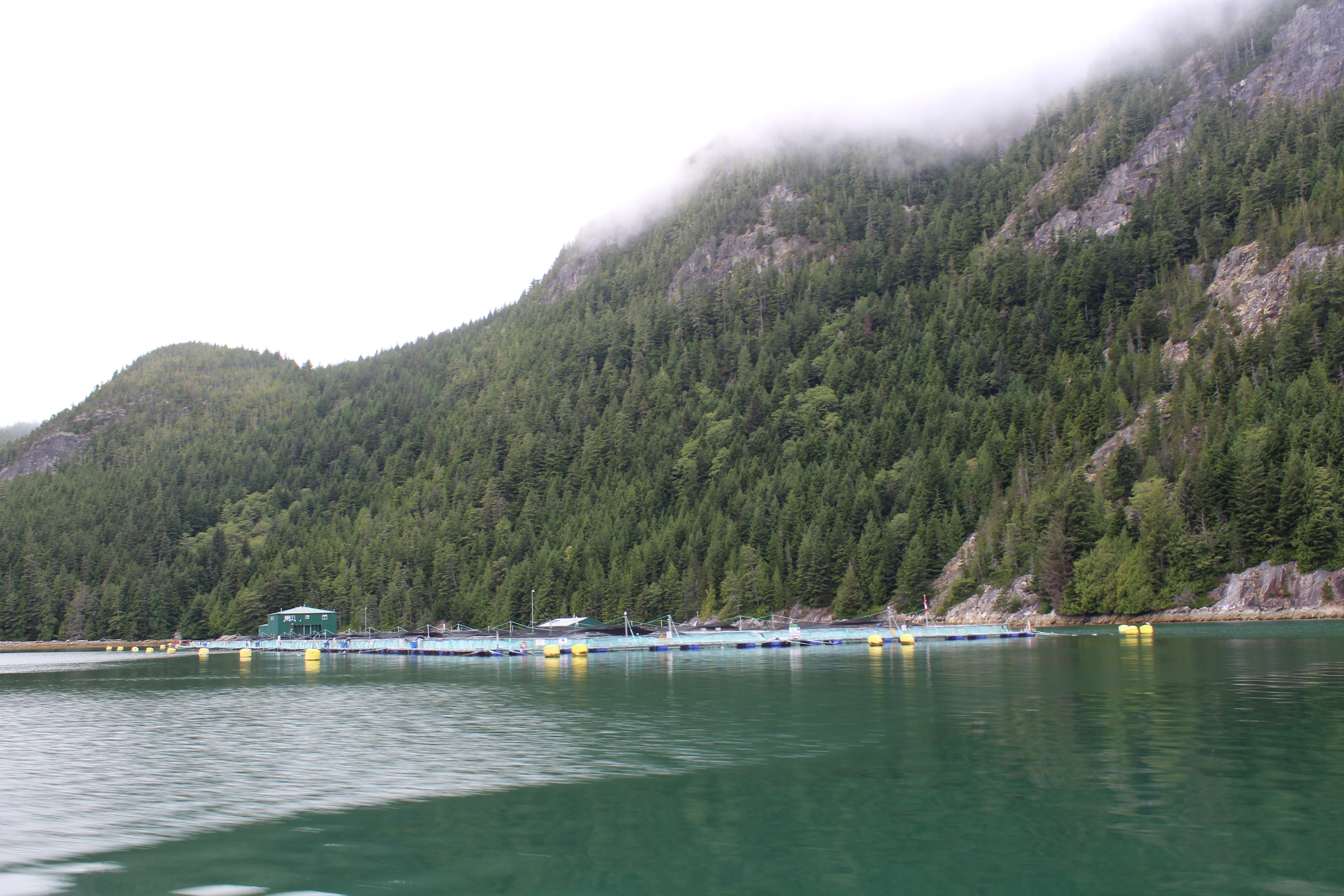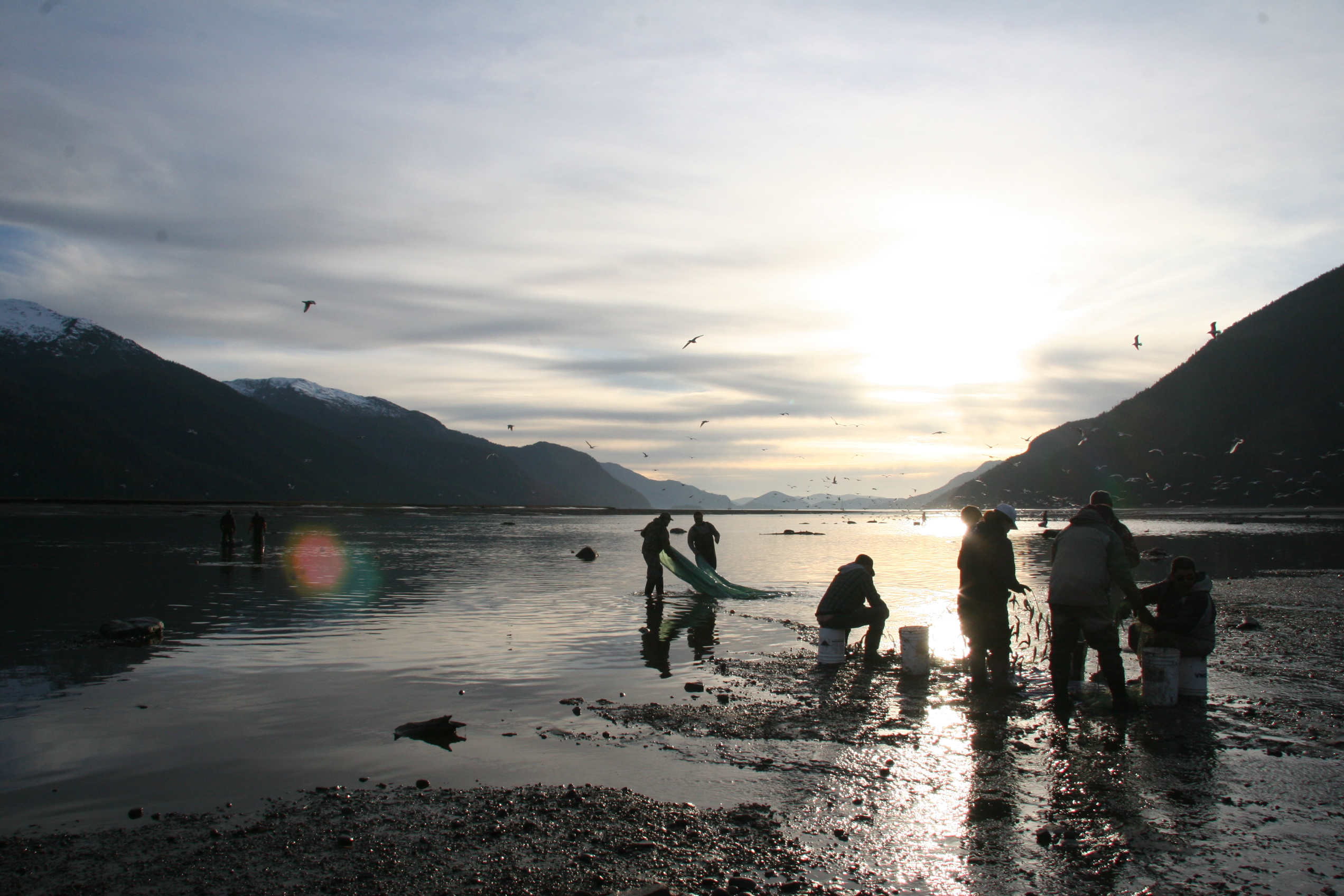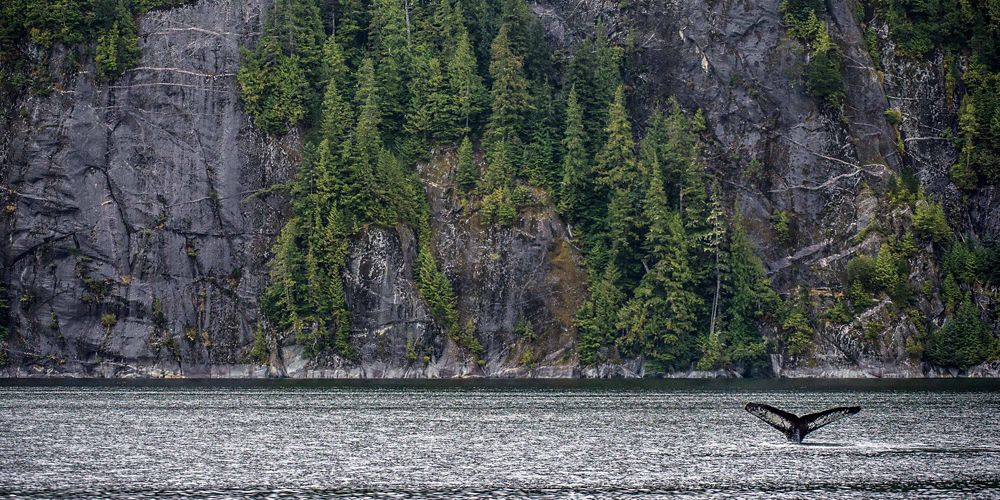- Phone: 416-238-9597
- Email: questions@natureunited.ca
-
Follow
A Bold, Collaborative Approach for a Healthy Ocean
When our work began in the Great Bear Rainforest more than a decade ago, we knew then that our work in this vibrant ecosystem was only just beginning. Today we’re building on our legacy of conservation in coastal British Columbia by advancing strategies for a healthy ocean.
- Switch to:
- Our Work
- Great Bear Sea
- Fisheries
- Global Oceans
- Resources
A Critical Ecosystem
British Columbia’s marine coast is a critical natural corridor where ocean and land are inextricably connected. Cedars, wolves, grizzly and black bears rely on salmon for survival; First Nations rely on these waters for food, jobs and cultural well-being; industries like fishing and tourism depend on healthy, thriving waters.
People
Indigenous communities in coastal British Columbia have relied on these waters for thousands of years for food, livelihoods and cultural well-being. Nature United works in partnership with communities here to advance Indigenous-led ocean and land use plans in the region.
Indigenous Guardians
In coastal British Columbia and across Canada, Indigenous Guardians are the “eyes and ears” of their territories. They use Indigenous knowledge and practices, blended with western science to monitor and steward their traditional lands.
Industry
Industries such as forestry, tourism and fishing contribute almost $14 billion to Canada’s economy. More than 72,000 Canadians make their living directly from fishing and fishing-related activities and over 400 million people depend on seafood as a nutritional source of protein and minerals worldwide.
Marine Life
This region is home to an abundance of wildlife—significant wild salmon strongholds, ancient glass sponge reefs found nowhere else on the planet, endangered yelloweye rockfish and recovering sea otter and whale populations.
Connections
Seaweeds washed ashore are consumed by scavengers, bugs and birds. Herring eggs laid in the shallows are consumed by coastal wolves and bears. Salmon, returning to their natal streams to spawn, bring the nutrients of the ocean deep into the heart of the rainforest; they feed bears, wolves, and birds, and their remains fertilize the forest.
Our Work in the Pacific Ocean
Today, more people rely on our oceans for food, energy, transport, recreation and other natural resources than any other time in history. These increasing demands, coupled with a changing climate, are impacting ocean health by altering vital habitat, depleting fish stocks and polluting seas.
Without action, the health of British Columbia’s unique and critical ecosystems are at risk.
Nature United is tackling these challenges with a bold, collaborative approach to ocean management that delivers lasting results for people, nature and economies.
-
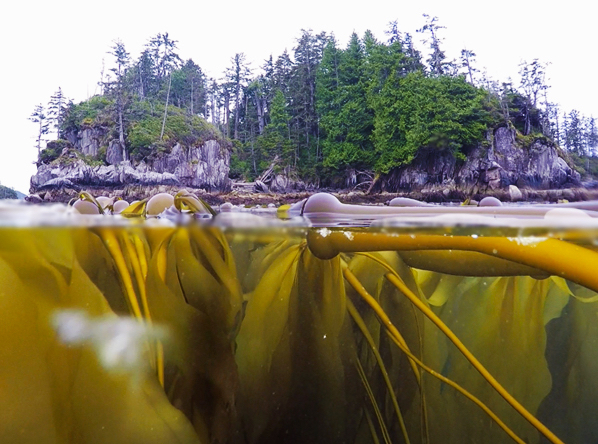
Protecting Biodiversity
British Columbia’s coast is home to an abundance of critical habitats and wildlife — wild salmon strongholds, ancient glass sponge reefs, species-rich kelp forests, endangered yelloweye rockfish and recovering sea otter and whale populations. Learn how Nature United is supporting new ocean protections and marine planning in the Great Bear Sea.
-
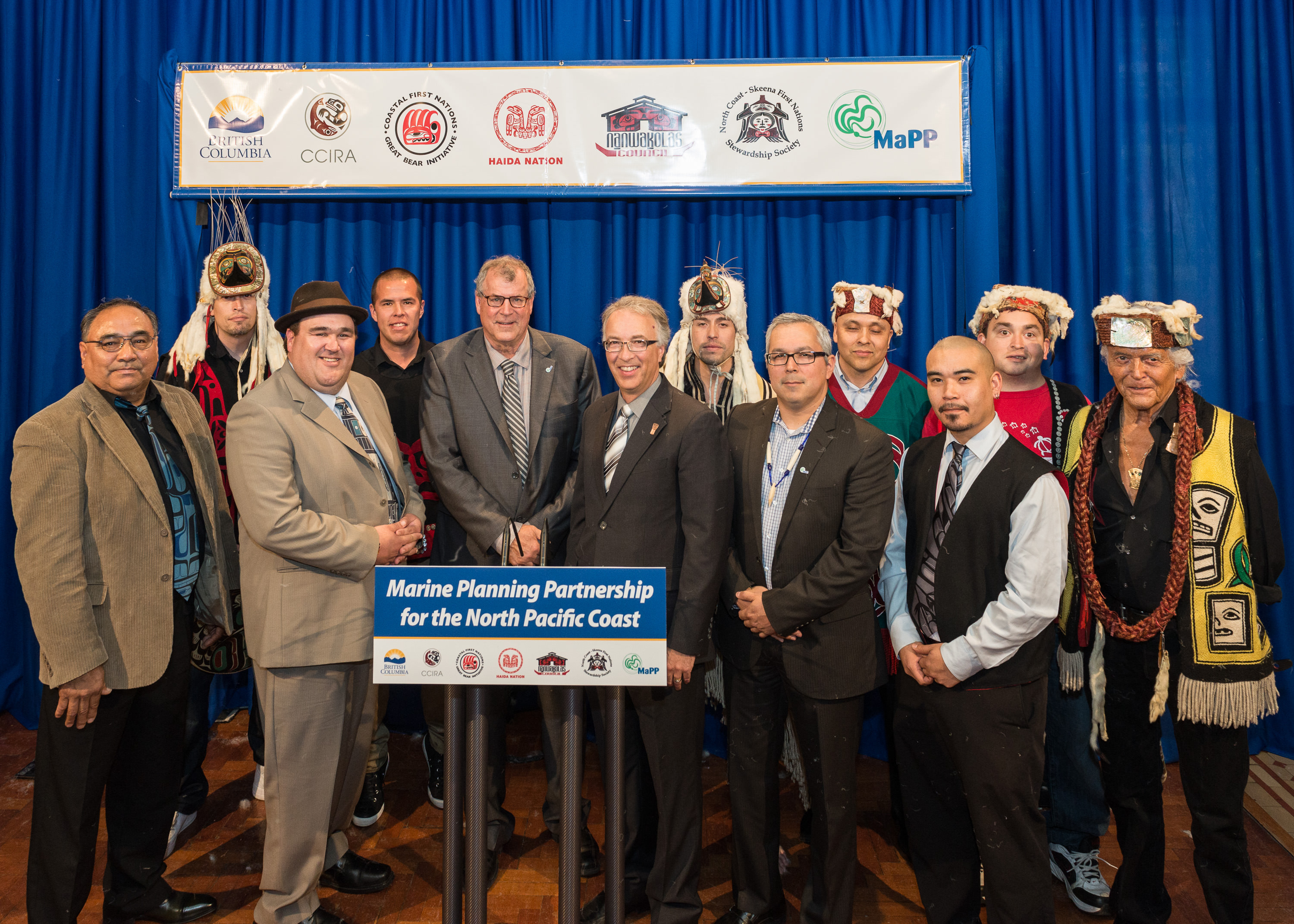
Ocean Management
Advancing the Marine Plan Partnership (MaPP), a first-of-its kind partnership to support collaborative ocean management and decision-making by First Nations and Provincial governments. Learn about MaPP and Nature United's role in this unique collaboration.
-
Sustainable Local Fisheries
Helping build community-driven fisheries and business plans that will create new jobs, build local harvest capacity, maintain sustainable seafood supplies and strengthen coastal stewardship. Learn how Nature United is supporting innovative solutions to generate investment in sustainable local fisheries.
-
Climate Solutions
Developing innovative and collaborative solutions to build more adaptive and resilient fisheries in the face of climate change. Learn more about the astounding potential of nature to address the climate crisis.
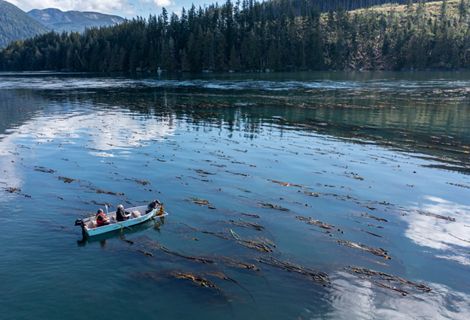
Great Bear Sea PFP Agreement Creates New Pathway for Indigenous-Led, Collaborative Conservation
$335 million raised for First Nations co-management and coastal economies, with support from Nature United.
The Great Bear Sea covers two-thirds of the coast of British Columbia, from northern Vancouver Island to the Canada-Alaska border. These waters support a critical mix of habitats — open ocean, vibrant estuaries, dense kelp forests, expansive coral and sponge beds and deep fjords. Stewarded and cared for by First Nations for tens of thousands of years, the Great Bear Sea is a source of sustenance, culture and livelihoods for all who call the coast home.


Creating a blueprint for Indigenous-Led, collaborative conservation through durable, long-term financing in the Great Bear Sea
On June 25, 2024, 17 First Nations, in partnership with the Government of Canada and the Province of British Columbia, announced $335 million to protect the Great Bear Sea under a model called a Project Finance for Permanence (PFP). Nature United is proud to have supported all partners towards this historic achievement, which realizes decades of collaboration to create a co-governed model for conservation that will protect 10 million hectares of a globally significant marine ecosystem and benefit coastal communities.
The Great Bear Sea PFP will bring new investment to support community-led economic development and diversification, long-term funding for Indigenous Guardian programs and stewardship and management through a network of Marine Protected Areas (MPAs). These investments will be leveraged to deliver an estimated $750 million over the next 20 years, alongside an estimated 3,000 new jobs and 32,000 days of skills training.
The Great Bear Sea borders the Great Bear Rainforest, where the world’s first PFP was created nearly 20 years ago, and extends that successful model to steward land and sea in tandem.
Nature United is supporting the creation of the world's first Indigenous-led Marine Protected Area (MPA) Network in the Great Bear Sea.
The proposed MPA Network covers 30% of the Great Bear Sea, and will designate levels of conservation and permissible industry activities to protect crucial ecosystems for plants, animals and people. It is led by 17 First Nations in partnership with the Federal and Provincial governments. Nature United has provided technical capacity to help design the network. We have also forged connections across sectors and governance partners to find opportunities for collaboration.
We are committed to ensuring strong Indigenous governance models underpin agreements that protect and sustainably manage natural resources.
The Marine Plan Partnership (MaPP) for the Great Bear Sea is another example of a strong Indigenous governance model.
Established in 2011, MaPP is a unique partnership between 17 Indigenous First Nations governments and the British Columbia government that provides a "blueprint" for ocean use and sustainable economic development.
Integrating healthy ecosystems, economies and people, MaPP is being used as a model locally, nationally and internationally.
At the invitation of First Nations and BC government partners, Nature United has played a key role in supporting MaPP’s implementation by providing core funding, technical expertise and communications support.
A Groundbreaking Partnership
MaPP is the first ocean plan jointly led by Indigenous peoples and a state government.
Learn MoreIntegrating healthy ecosystems, economies and people, MaPP is being used as a model locally, nationally and internationally.
At the invitation of First Nations and BC government partners, Nature United has played a key role in supporting MaPP’s implementation by providing core funding, technical expertise, and communications support.
Infographic
-
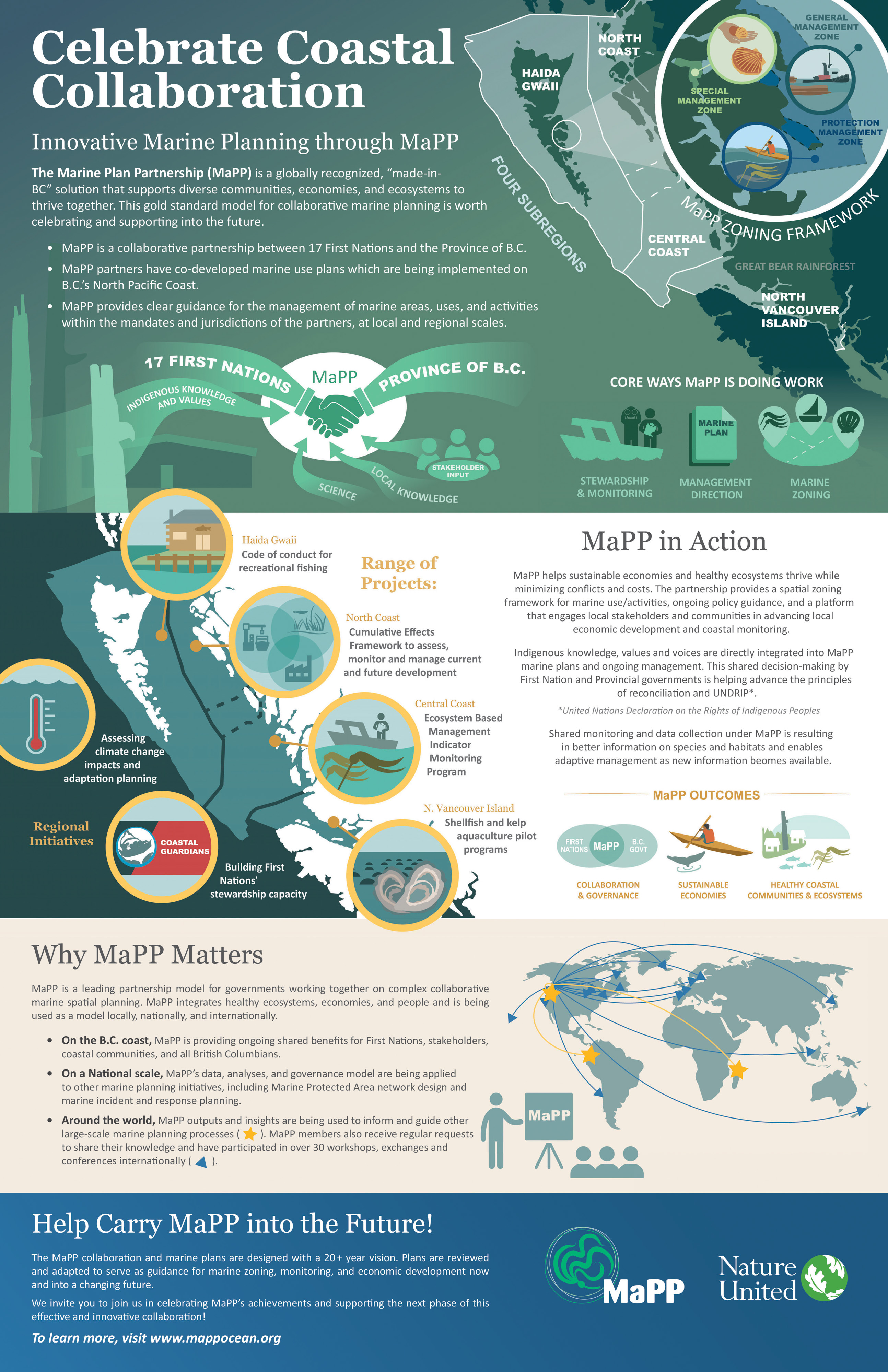 Celebrate Coastal Collaboration
Celebrate Coastal CollaborationExplore what makes MaPP such a successful collaboration for ocean health.
DOWNLOAD
Fisheries are a key human use of the ocean; they provide a sustainable source of food and jobs, economic benefits, and cultural connections that are critical to well-being in coastal communities. They are also a key pressure on marine ecosystems when there is overharvesting, high bycatch, lost gear or habitat damage.
Nature United is working to protect habitats from fishing impacts. We also work alongside industry and government partners to improve fisheries management, operations markets and policies.
Quote: Jenn Burt

I truly believe that in order to understand what’s going on and effect change that is durable over time, you have to work at the local level with the people who are on the water and deeply connected to the resources.
Fisheries Investment Initiative
Global scientific literature and generations of Indigenous knowledge show us that fisheries with community-owned-operated fisheries are healthier and more sustainable. Having a connection to place and a sense of stewardship often leads to more responsible fishing; and local knowledge improves operations and management.
Nature United is working to enhance sustainable fishing opportunities in First Nation communities. In collaboration with the Central Coast Commercial Fisheries Association (CCFA) and with support from Catch Together, Nature United co-led the development of the Central Coast Fisheries Investment Initiative. This initiative has successfully provided a proof-of-concept example of using debt finance to support investment in local commercial harvesting capacity. The initiative also includes a new Fisheries Conservation Fund, funded by fishing revenues tied to new debt-financed assets, which supports diversifying funding for fisheries conservation initiatives. The Fisheries Investment Initiative will support efforts to rebuild participation in local fisheries and will contribute to generating sustained economic, socio-cultural and ecological benefits for Central Coast First Nation communities.
Climate Ready Fisheries
Around the world, changing ocean ecosystems are altering the distribution and abundance of fish populations, introducing unprecedented uncertainty. One study predicts that 87 out of 89 staple BC fisheries will decline in abundance by 2050.
Nature United is working to advance climate-ready policies that consider climate dynamics and environmental uncertainty in decisions about harvest levels and fisheries management. We're doing this by:
- Filling gaps in data about changing fisheries to support more adaptive and responsive decision-making;
- Creating opportunities to test adaptation strategies on-the-water; and
- Leveraging collaborations between public agencies and private sectors.
As the Canadian affiliate of the world's largest conservation organization, Nature United's work in the Pacific Ocean fits into a comprehensive global oceans strategy. Our projects supporting Indigenous leadership, sustainable economic development and climate resilience provide models for marine conservation efforts around the world. And we draw on expertise and leadership from our colleagues to bring global perspective to our work in Canada.
Global Oceans Work
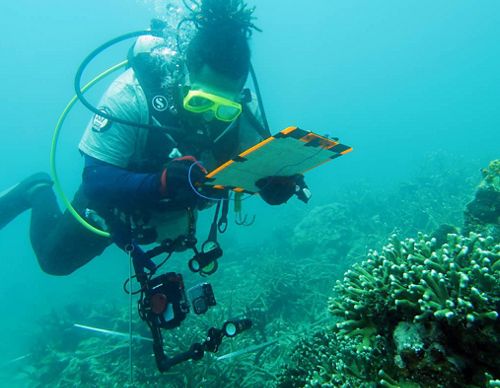
Marine Spatial Planning
Our global affiliate has contributed to the global evolution of marine spatial planning by being an active participant and practitioner.
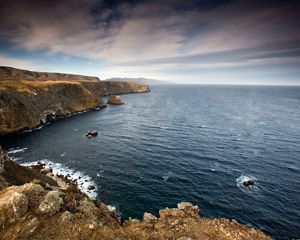
California Oceans Program
In California, a team of scientists, technologists and conservation practitioners are testing new, collaborative ways to protect ocean resources.
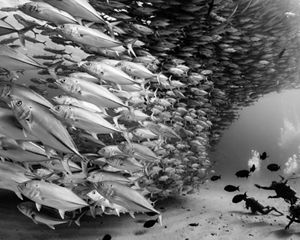
Blue Bonds for Conservation
An audacious new plan called Blue Bonds aims to remake the world of marine conservation.
By Julian Smith

Seychelles Marine Spatial Plan
Startin in 2014, this process is focused on planning for and management of the sustainable and long-term use and health of the Seychelles’ ocean.
Downloads
-
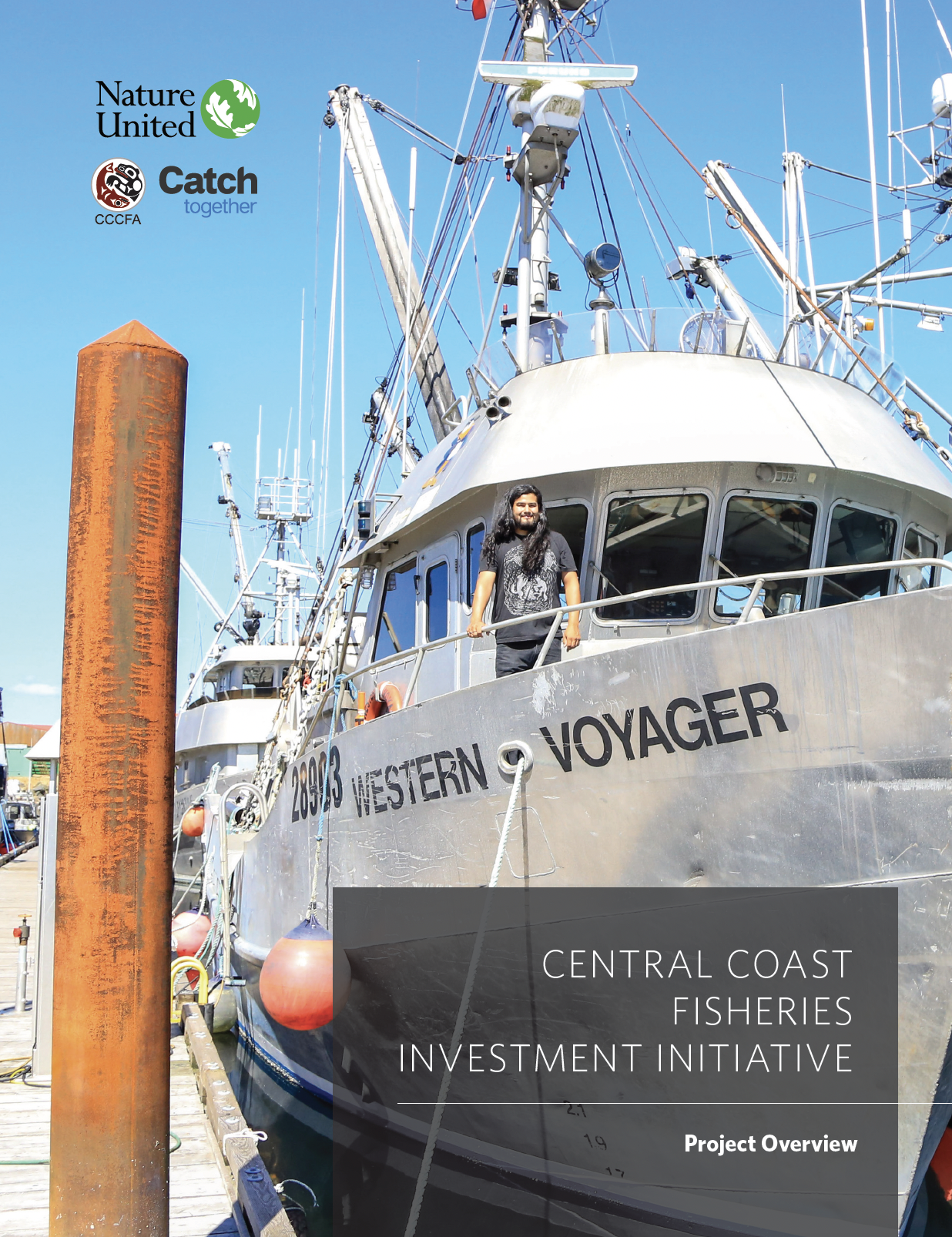
Central Coast Fisheries Investment Initiative
PDF
A project overview of Nature United and Central Coast Commercial Fisheries Association (CCCFA) collaboration to raise capital and invest in local commercial harvesting capacity to generate sustained economic, socio-cultural and ecological benefits for Central Coast First Nation communities.
DOWNLOAD -
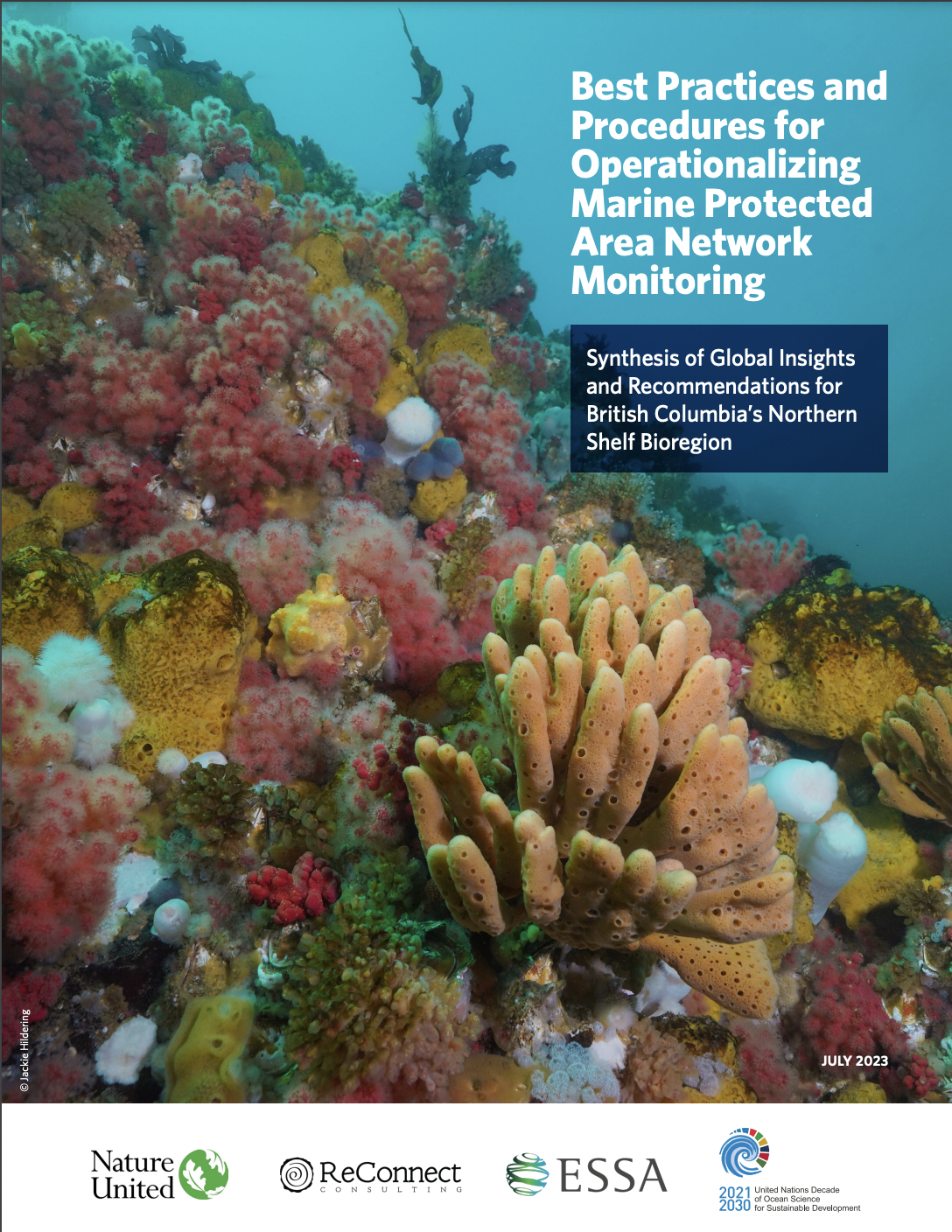
Best Practices for Marine Protected Area Networks
PDF
Drawing from five global MPAN case studies, peer reviewed literature and expert interviews, this report presents global lessons and suggested best practices for operationalizing MPAN monitoring.
DOWNLOAD -
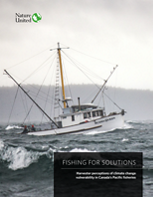
Fishing for Solutions
Understanding how those most connected to fisheries perceive the risks associated with climate change is critical to developing effective responses and establishing management priorities.
DOWNLOAD -
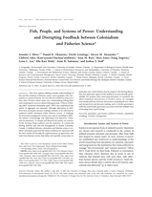
Fish, People and Systems of Power
PDF
This essay explores shifting scientific understandings of fish and the evolution of fisheries science, and it grapples with colonialism as a system of power.
DOWNLOAD -
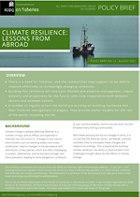
Climate Resilience, Lessons from Abroad
Case studies from around the world on pioneering efforts to build climate resilience into fisheries and coastal communities, including one from Nature United on BC.
DOWNLOAD -
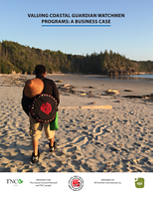
Valuing Coastal Guardian Watchmen
A business case for Indigenous Guardian programs prepared by EPI EcoPlan International, Inc. for Nature United and The Coastal Steward Network.
DOWNLOAD -
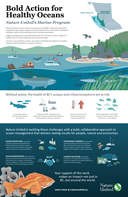
-
